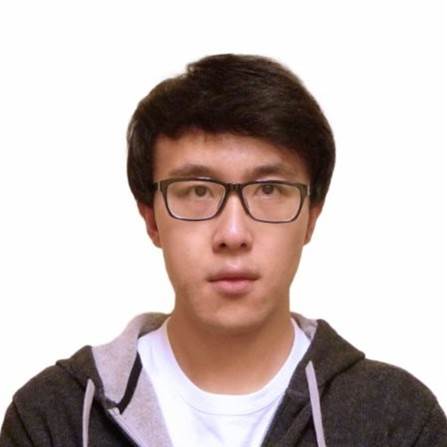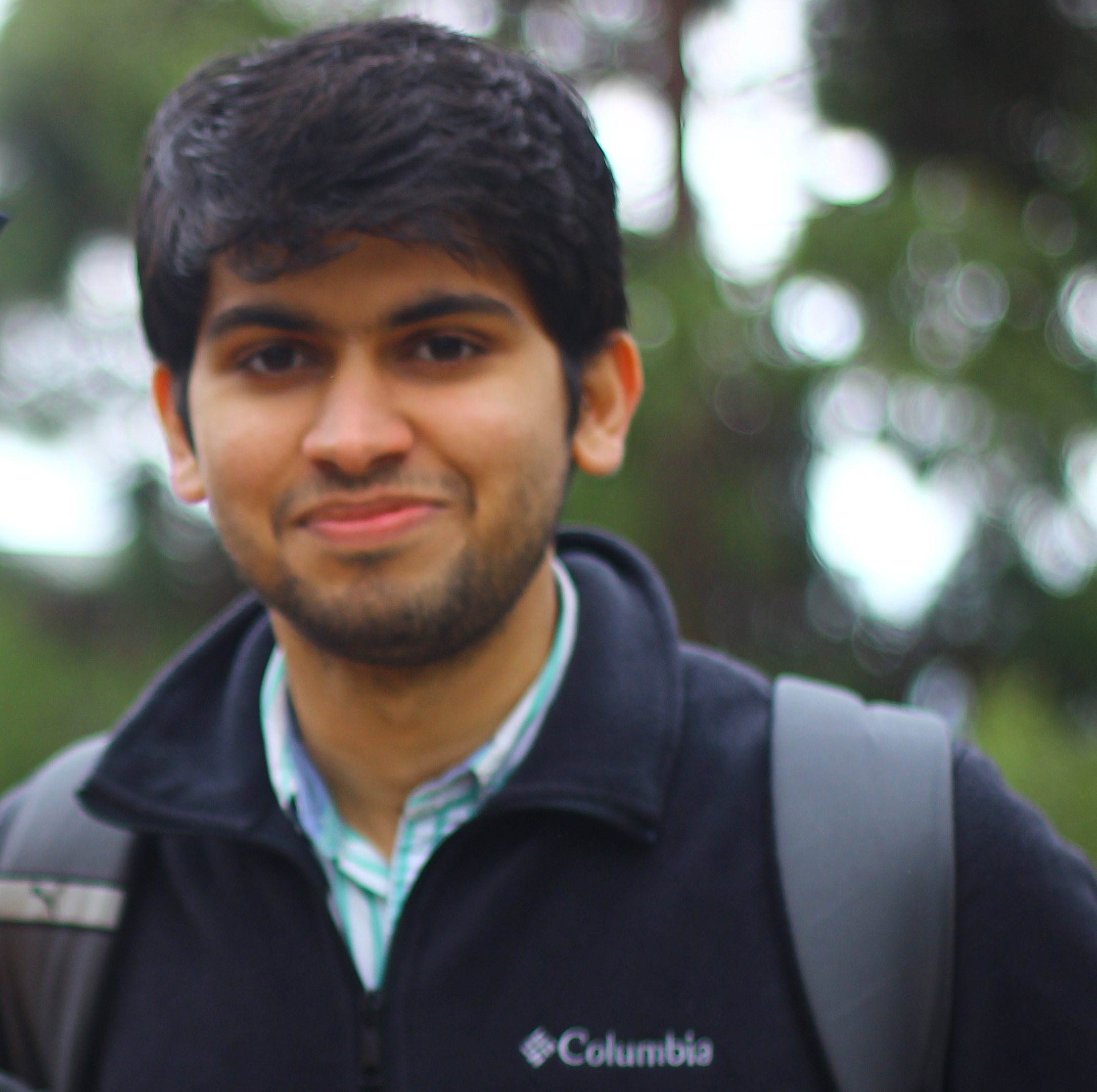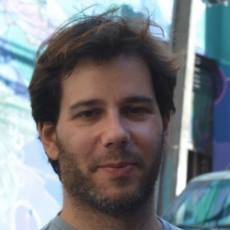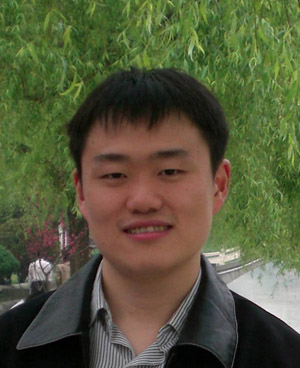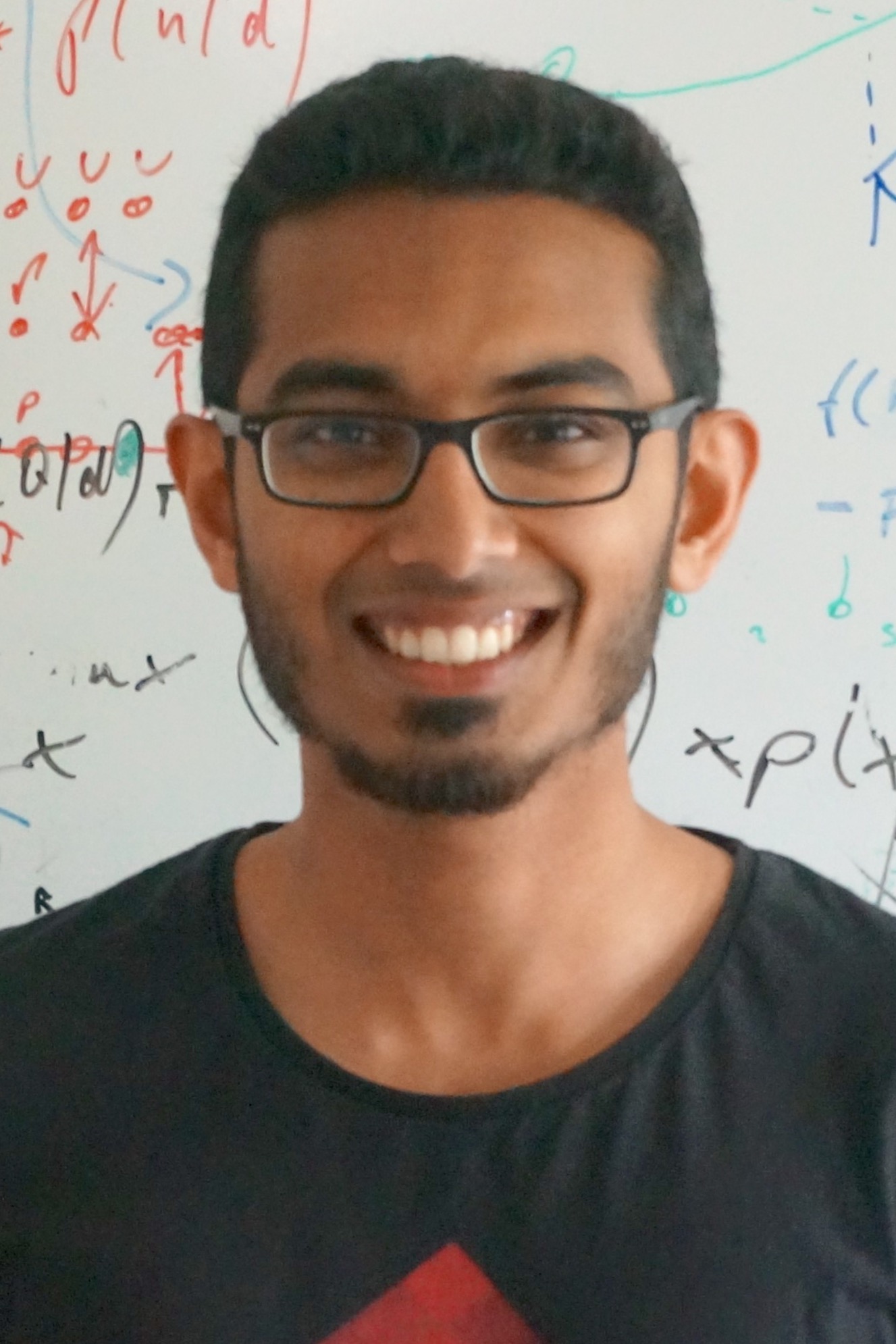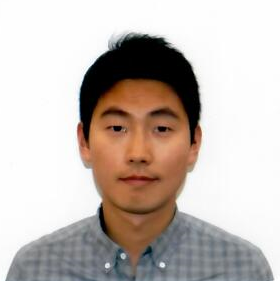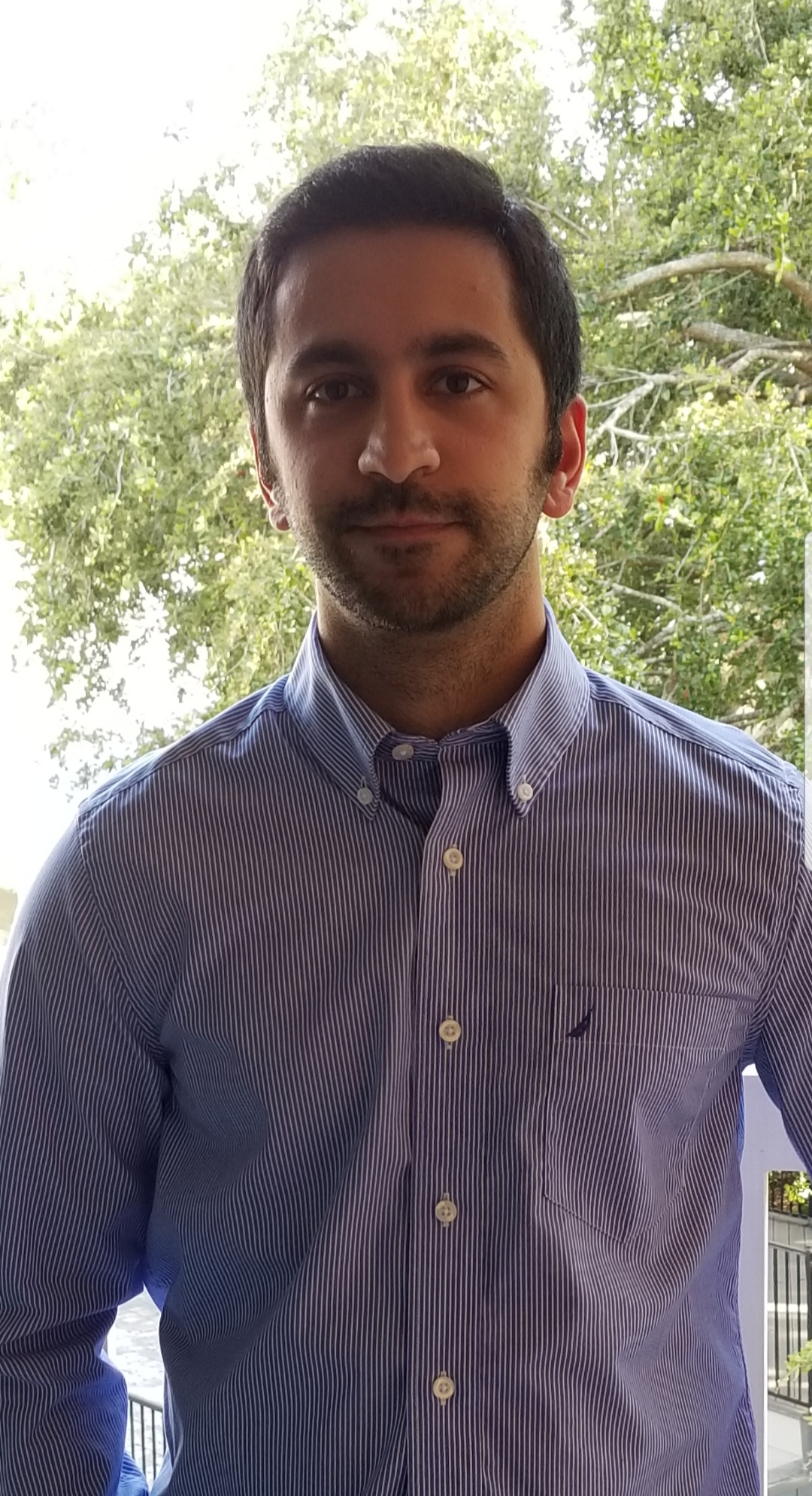Seminar
Deep Representation Learning with Induced Structural Priors
Abstract: With the support of big-data and big-compute, deep learning has reshaped the landscape of research and applications in artificial intelligence. Whilst traditional hand-guided feature engineering in many cases is simplified, the deep network architectures become increasingly more complex. A central question is if we can distill the minimal set of structural priors that can [...]
Lifelong Learning via Curiosity and Self-supervision
Abstract: Humans demonstrate remarkable ability to generalize their knowledge and skills to new unseen scenarios. One of the primary reasons is that they are continually learning by acting in the environment and adapting to novel circumstances. This is in sharp contrast to our current machine learning algorithms which are incredibly narrow in only performing the [...]
Capturing and Learning Digital Humans
Abstract: The world is shifting towards a digitization of everything -- music, books, movies and news in digital form are common in our everyday lives. Digitizing human beings would redefine the way we think and communicate (with other humans and with machines), and it is necessary for many applications; for example, to transport people into virtual and augmented reality, [...]
Deformable models meet deep learning: supervised and unsupervised approaches
Abstract: In this talk I will be presenting recent work on combining ideas from deformable models with deep learning. I will start by describing DenseReg and DensePose, two recently introduced systems for establishing dense correspondences between 2D images and 3D surface models ``in the wild'', namely in the presence of background, occlusions, and multiple objects. [...]
Building Scalable Framework and Environment of Reinforcement Learning
Abstract: Deep Reinforcement Learning (DRL) has made strong progress in many tasks that are traditionally considered to be difficult, such as complete information games, navigation, architecture search, etc. Although the basic principle of DRL is quite simple and straightforward, to make it work often requires substantially more samples with more computational resource, compared to traditional [...]
Learning Deep Multimodal Features for Reliable and Comprehensive Scene Understanding
Abstract Robust scene understanding is a critical and essential task for autonomous navigation. This problem is heavily influenced by changing environmental conditions that take place throughout the day and across seasons. In order to learn models that are impervious to these factors, mechanisms that intelligently fuse features from complementary modalities and spectra have to be [...]
Scene Understanding
Abstract: Accurate and efficient scene understanding is a fundamental task in a variety of computer vision applications including autonomous driving, human-machine interaction, and robot navigation. Reducing computational complexity and memory use is important to minimize response time and power consumption for portable devices such as robots and virtual/augmented devices. Also, it is beneficial for vehicles [...]
Relating First-person and Third-person Videos
Abstract: Thanks to the availability and increasing popularity of wearable devices such as GoPro cameras, smart phones and glasses, we have access to a plethora of videos captured from the first person perspective. Capturing the world from the perspective of one's self, egocentric videos bear characteristics distinct from the more traditional third-person (exocentric) videos. In [...]
Carnegie Mellon University
Learning Reactive Flight Control Policies: from LIDAR measurements to Actions
Abstract The end goal of a reactive flight control pipeline is to output control commands based on local sensor inputs. Classical state estimation and control algorithms break down this problem by first estimating the robot’s velocity and then computing a roll and pitch command based on that velocity. However, this approach is not robust in [...]
Carnegie Mellon University
Autonomous 3D Reconstruction in Underwater Unstructured Scenes
Abstract Reconstruction of marine structures such as pilings underneath piers presents a plethora of interesting challenges. It is one of those tasks better suited to a robot due to harsh underwater environments. Underwater reconstruction typically involves human operators remotely controlling the robot to predetermined way-points based on some prior knowledge of the location and model [...]
